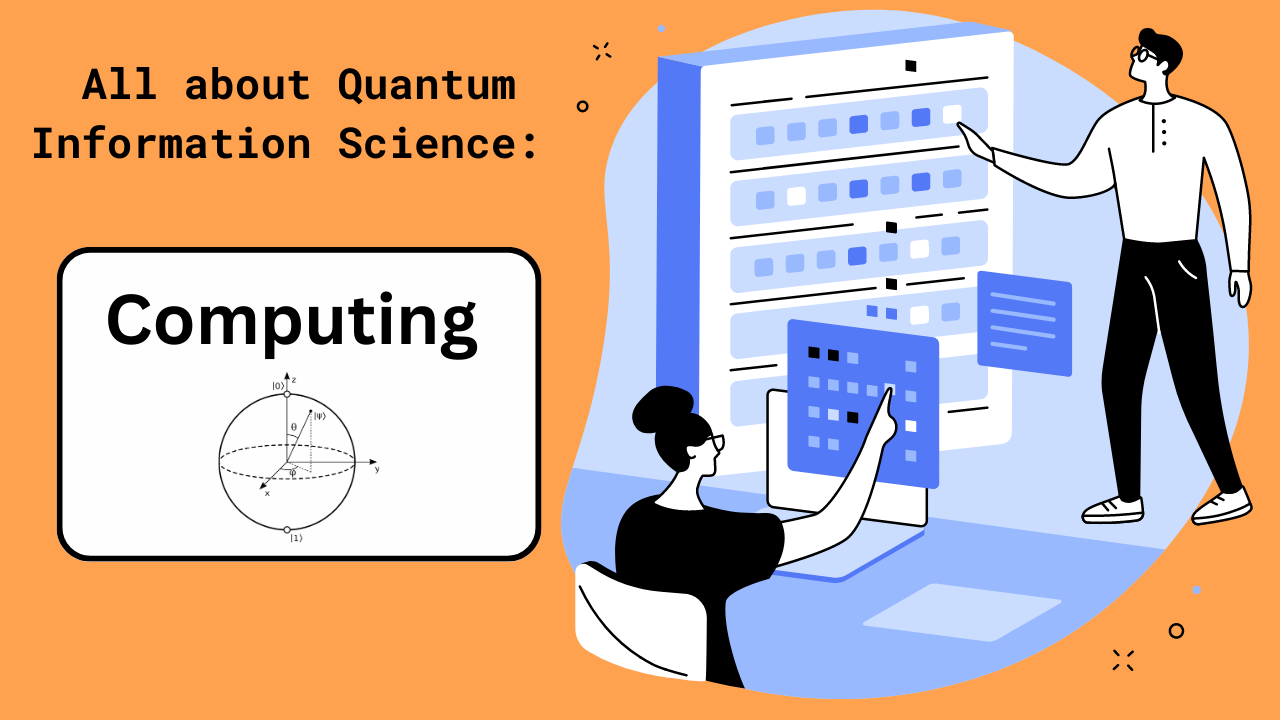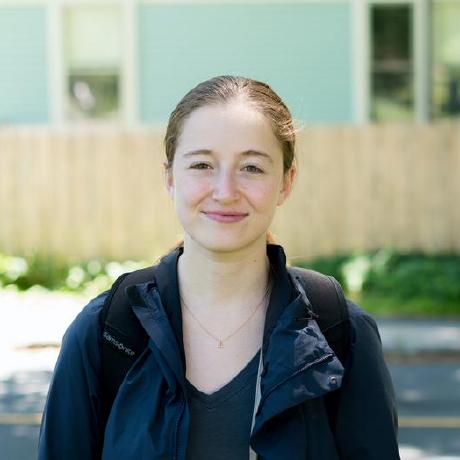When you hear the word “quantum,” does your mind jump immediately to science fiction? Well, our everyday reality is quickly catching up to what was make-believe! Quantum information science studies matter and energy at the most basic level. Researchers in the field aim to uncover the properties and behaviors of the very building blocks of nature.
Quantum information science (QIS) is an emerging field that spans computation, communication, precision measurement, and fundamental quantum mechanics. Quantum discoveries have been incorporated into our foundational understanding of materials, chemistry, biology, and astronomy. QIS is viewed through three main areas:
- Quantum Computing
- Quantum Communication
- Quantum Sensing
What’s the difference between a regular old computer and a quantum computer? How do quantum computers…compute? Classic computers use ‘bits’ to represent information–binary digits that are either in the state ‘1’ or the state ‘0’! All of the text messages, images, and voice recordings that are sent via your smartphone, for example, are transformed into huge sequences of bits (strings of ones and zeroes).
Quantum computers (QCs) don’t work in quite the same way. Instead of using bits, QCs use quantum bits, or qubits. Qubits are special quantum objects that people can engineer and directly control to gain a computing advantage. Unlike a classic computer, qubits can be in both the ‘0’ and ‘1’ state at the same time–that is,until they are measured. This phenomenon is called ‘superposition’. Superposition and ‘entanglement’ (the way qubit states can be extended across long distances and shared by faraway qubits) are utilized in performing calculations. In theory, these phenomena are able to give quantum computers a speed advantage over their traditional counterparts. In fact, superposition and entanglement are like two sides of the same coin. But doing these special calculations efficiently is not easy! Sometimes there are errors that need to be corrected, and sometimes it’s very hard to keep the qubits in a specific state for a long period of time.
For these reasons and more, a quantum computer that is more useful than a classic computer for solving a real-world problem has not been demonstrated yet. Today, labs around the world are trying to build the first useful quantum computer! With this in mind, how can we make QC more open and accessible to the public? Join C2ST and our expert to learn more!
Event Details
Thursday, March 23rd, 2023 from 7:00 – 8:00 pm CT, C2ST Facebook Live & C2ST YouTube TV.
SAVE THE DATE for our Science in the City Gala
Make sure to follow C2ST on Facebook and YouTube to receive notifications when the live program starts.
Use our Q&A app to ask live questions during the program or send in your questions in advance! Remember to upvote your favorite questions.
We are dedicated to providing an inclusive environment for everyone. Please respect diversity in individuals and in cultures.
Notice: As a guest of the Chicago Council on Science and Technology (C2ST), you agree to be photographed, videotaped, or filmed and grant C2ST permission to put the finished footage/photography to any uses that it may deem proper including marketing, advertising (print, radio, and television) and PR-related activities.

